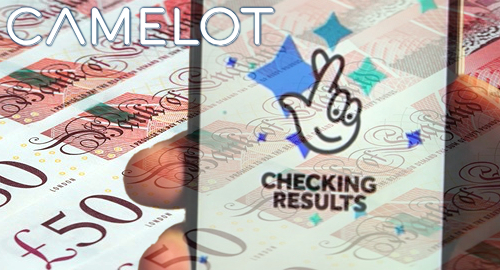 UK National Lottery operator Camelot reported a sales uptick in the first half of its fiscal year thanks in part to a record performance by its digital channels.
UK National Lottery operator Camelot reported a sales uptick in the first half of its fiscal year thanks in part to a record performance by its digital channels.
On Thursday, Camelot UK Lotteries Ltd reported sales of just under £3.5b in the six months ending September 29, a nearly £176m improvement over the same period last year. Camelot claimed the gains came courtesy of the strategic review the company initiated in June 2017.
Retail remains Camelot’s primary sales channel, accounting for 75% of total turnover in its fiscal H1. Retail sales improved £98.5m to just over £2.6m.
Once a digital laggard, Camelot’s digital sales grew by £77.4m to a record £831.4m, while mobile sales grew even faster, rising nearly £100m to £431.6m, representing more than half of all digital turnover.
Camelot credited the digital gains to a better game range and mix, improved merchandising and the launch of a full version of the National Lottery’s Android app.
Camelot’s returns to good causes were up £46.5m to £793.2m (excluding investment returns). The total sum Camelot has raised for good causes over its history has now topped £39b.
Camelot CEO Nigel Railton, who assumed the post one year ago this month, said the numbers represented a “very positive start to the financial year across the board.” Railton said Camelot had “great plans” for the second half of the year, including further broadening its range of games, to ensure the momentum continues.
Railton said Camelot’s principal challenges continued to be “economic uncertainty and unrelenting competition from both the gambling sector and industrial-scale society lotteries that operate on a national basis.”
Camelot has had something of a rough ride of late, including a £1.15m penalty in August – its fourth fine in as many years – imposed by the UK Gambling Commission for a variety of control and governance failings. Camelot has also been enduring the ongoing fallout from its 2009 decision to award a £2.5m jackpot to a convicted rapist whose winning ticket appears to have been bogus.





